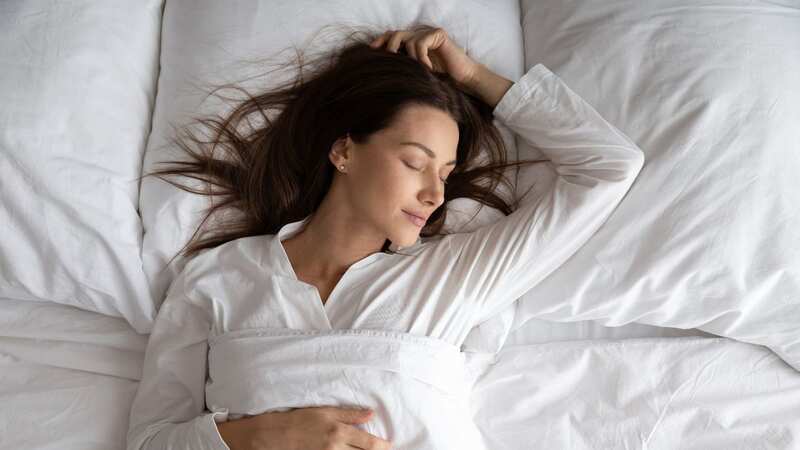Sleep calculator reveals exact time you should go to bed based on gender and age

A group of snooze experts have come up with a unique way of helping the hard-of- sleep regulate their much-needed rest time to ensure they are fresh and ready for the day ahead. Using a well-thought-out but very simple-to-use 'sleep calculator' the team behind it have given many people, especially the over 50s, a great way to ensure they stay healthy.
According to the team at Make My Blinds, getting the most out that welcomed period of rest is not just about having an early night. A good night’s sleep depends on getting the time you set your alarm bang on, and the calculator can help give you the guidance you need to achieve that. To do this, the team have based the calculator on the body’s natural sleep cycles, and they promise that "our sleep calculator will help you find optimal times to sleep and wake".
The experts said that they are happy to also help out with how your environment and habits can affect your sleep, from using blackout blinds to cut out unwanted light, to how your diet and exercise routine can affect your circadian rhythm (the physical, mental, and behavioural changes a human experiences over a 24-hour cycle).
According to them, research has suggested more than 50 percent of adults believe they don’t get enough sleep. The required amount of sleep people need depends largely on age. For most of the population, seven hours is advised, whereas babies under 12 months should get between 12-16 hours of sleep every day.
A spokesperson for Make My Blinds said: "Not getting enough sleep can have an impact on your overall health. A lack of sleep has been linked to poor mental health, a lack of concentration, a weakened immune system, low sex drive and more. There are many factors which can contribute to poor sleep quality, including stress and anxiety, money worries, work-related issues, a bad diet, not exercising regularly and having an irregular sleep pattern."
 A twitching eye can sometimes be serious - signs, symptoms and when to see a GP
A twitching eye can sometimes be serious - signs, symptoms and when to see a GP
Colette Toman, interior stylist at the company, has come up with advice on creating an environment that will help improve your sleep quality. She said: "Getting the correct amount of sleep is vital for our physical and mental health but for those who are struggling with sleep deprivation, it can be hard to understand what contributing factors may be to blame and making the issue worse.
"For many of us, we’re aware that certain lifestyle habits such as a bad diet and using technology before bed can impact our sleep quality, as well as stress and money worries, however, the environment you’re sleeping in can influence how good or bad your sleep pattern is."
As a number of research papers have found, with lighter mornings approaching, the amount of natural light entering your bedroom can disrupt your sleep quality, so it is important to make the room as dark as possible, for as long as possible. One of the best ways to achieve this is by investing in a blackout roller blind as they’re cost-effective and will help block out any natural light.
The experts added: "As well as this, making sure you’re sleeping in a neat and tidy space is also a great way to relax the body and mind which in turn, will benefit your quality of sleep. Finally, your bedroom should be a place of relaxation and technology can often make us more alert and increase our chances of having a bad night’s sleep. With this in mind, consider removing any distractions from your room or make sure they’re switched off long before it’s time for bed and instead, opt for a book or practise mindfulness."
- Click here to view the calculator
Read more similar news:
Comments:
comments powered by Disqus

































